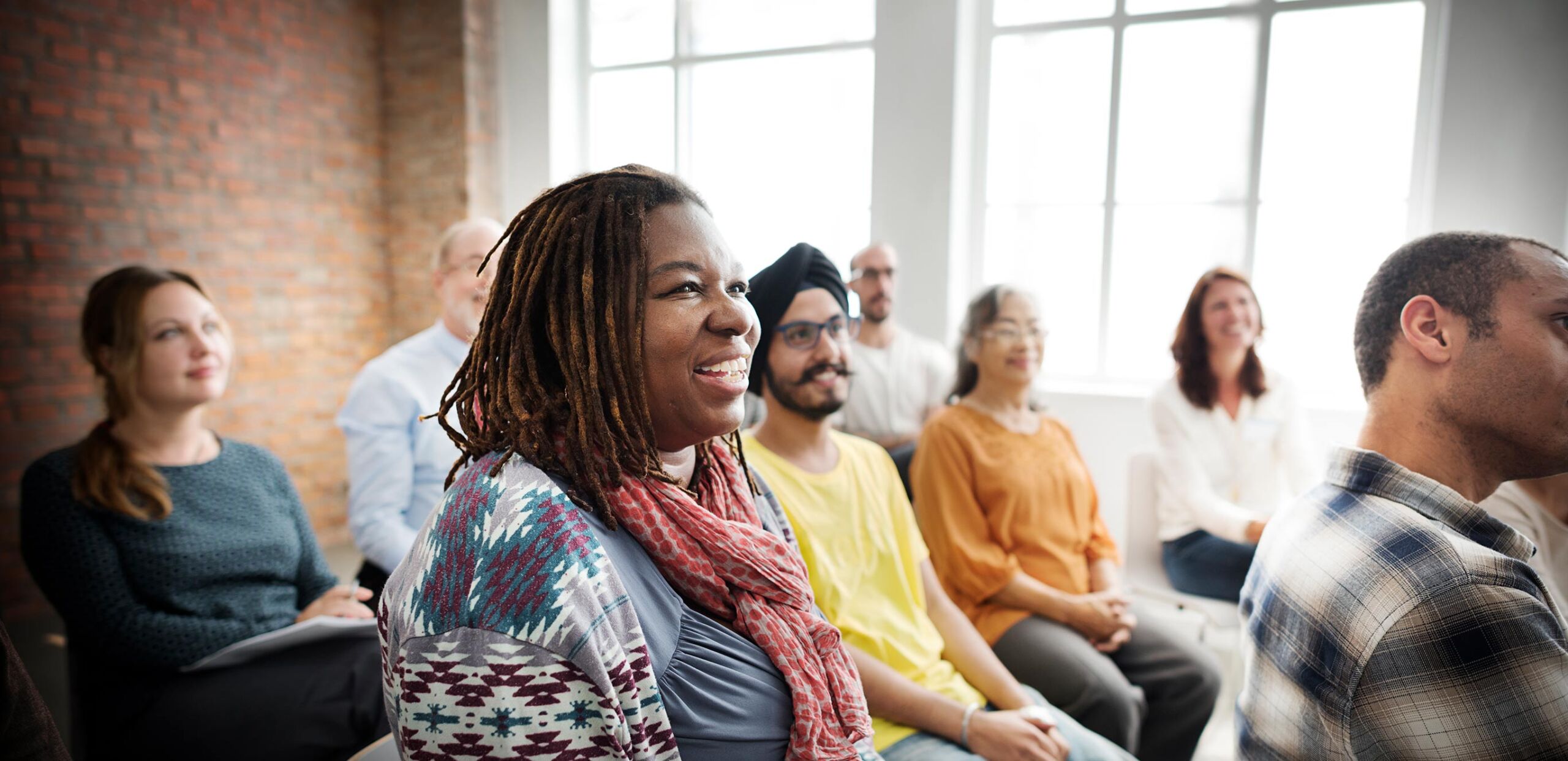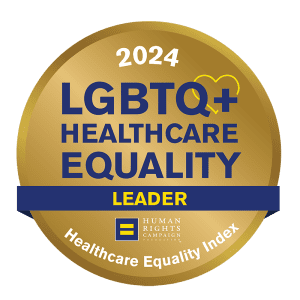Our Focus on Workforce Enrichment and Engagement
At Cooley Dickinson we are committed to achieving an environment that respects, affirms and leverages the rich backgrounds and life experiences of the Pioneer Valley’s communities.
Across our health care system we are mindful of all aspects of human differences. It is essential that our workforce reflects the patients we serve and offers a variety of perspectives. This enables us to develop better solutions to our challenges and deliver higher quality care with better patient outcomes. A workforce with a broad range of skills, experiences, and perspectives is best positioned to innovate, create solutions, and ensure that our patients maintain trust and feel confident seeking care from our provider community.
High Quality Personalized Care
We are committed to delivering the highest quality, personalized care in order to achieve the best possible outcomes For Every Patient who needs us, every time they need us. We achieve this by:
- treating every patient with respect and dignity;
- increasing access to care; and
- optimizing communication between clinicians and patients, and understanding how customs, values, and health beliefs may affect clinical care.



